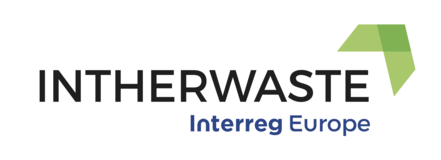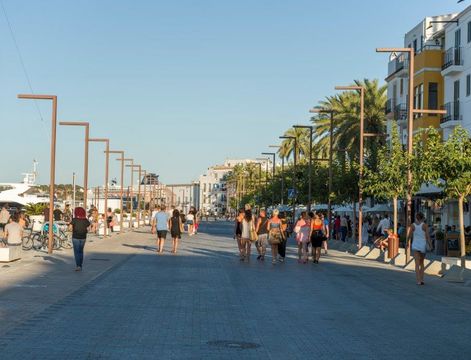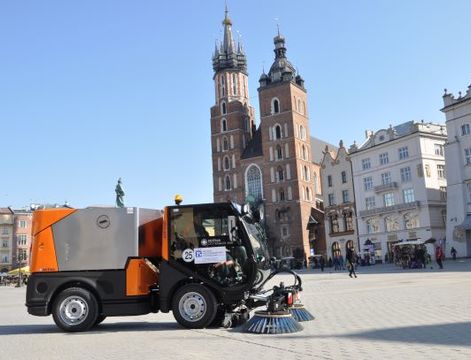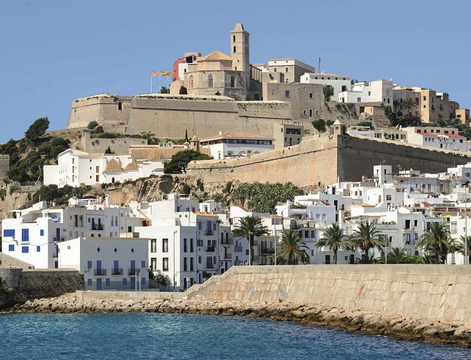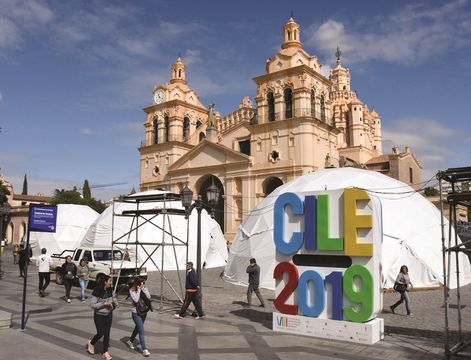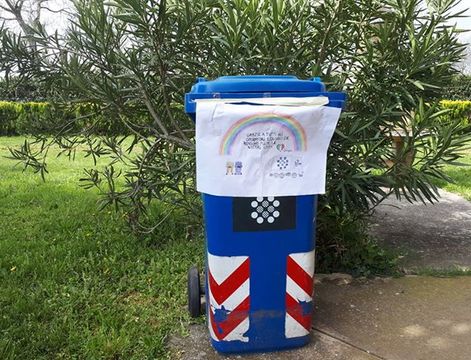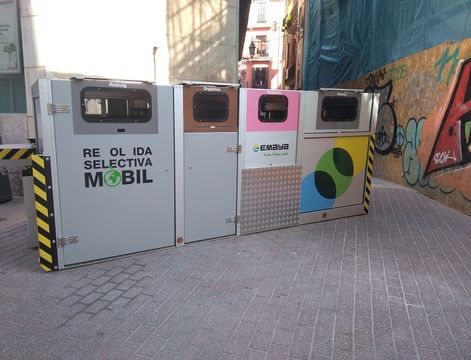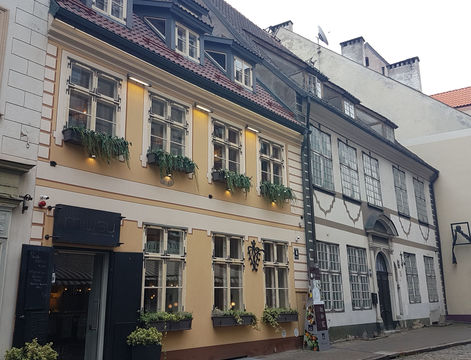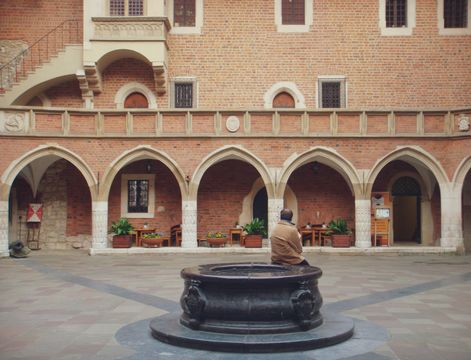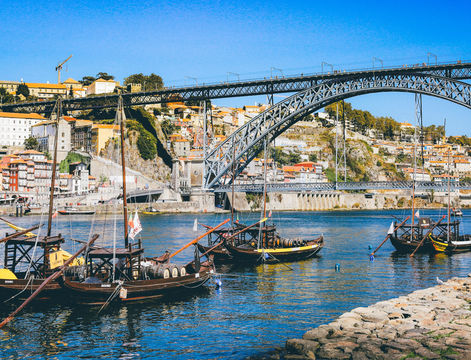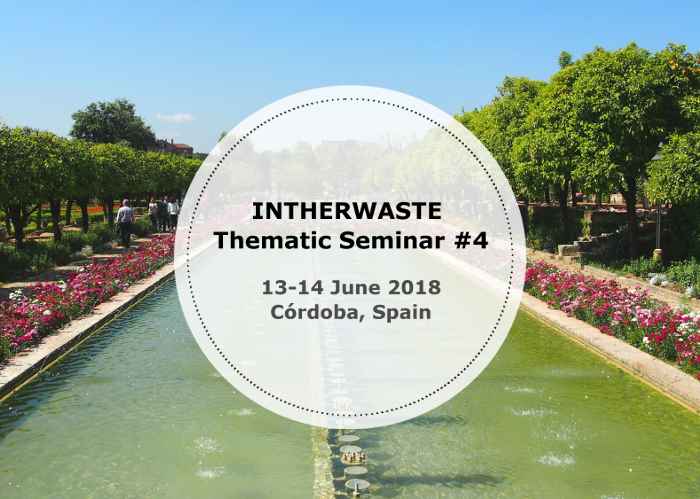On 7-8 June 2017, the INTHERWASTE partners held their 2nd Thematic Seminar, focusing on “Selective Collection in Heritage Areas”.
Building on the good results of the first thematic seminar, which took place in Porto on 9th March, this new seminar gathered again the INTHERWASTE partners as well as local and regional stakeholders coming from the partners’ countries. The topic of “selective collection” was chosen to address the needs of Heritage cities regarding methods and instruments for separation at the source of various waste fractions, in particular with regards to sorting infrastructures and tools, as well as to waste fraction specificities, collection routes and frequency.
The seminar started on the 7th with several visits organised by Krakow Municipality. The partners and invited guests visited the “Lamusownia” site, a selective waste collection point where all inhabitants can deliver almost all types of municipal waste. It is also the site of dismantling of bulky waste and electrical and electronic equipment waste.
The second study visit took place at the Braycz Ecological Center where participants observed different plants:
- Mechanical and biological waste treatment plant
- Waste sorting plant
- Composting plant
- Biogas plant
- Landfill
Finally, during the last study visit of the day, Krakow Municipality organised a visit of the Heritage part to discover the characteristics of this area that should be considered in order to improve the management of its waste.
On the second day, the Municipality of Krakow opened the conference part by presenting the main information about waste management in the city within the context of the Polish system, in particular the work undertaken in the past years at local level to develop a holistic waste management system in order to make the city more circular.
This introduction was followed by the presentation of good practices on selective collection from the INTHERWASTE partners’ cities (Cordoba, Ibiza, Krakow, Porto and Tallinn), as well as an invited guest from the city of Bergen, Norway. During this session, moderated by ACR+, the case studies were grouped in three different themes:
- Use of a specific instrument (e.g. economic, technical)
- Management of a selective collection scheme
- Focus on a specific waste fraction (e.g. organic, paper)
Each speaker explained the relevance of their case study in a Heritage context and gave key information about the results after implementation, including potential improvements if other cities wish to transfer or adapt this practice. The main aim of this exchange of experiences is for all project partners to find the most suitable practices for their own environment. Following the thematic seminars (two more will be organised), bilateral meetings between the cities will take place to discuss more concretely how to apply the chosen practice in a different city.
Next seminar
The third INTHERWASTE seminar will focus on "Integration of Waste Management Solutions into the Urban Décor of Heritage Areas". It will take place on 15-16 November 2017 in Ibiza, Spain. Contact us at [email protected] for more information and to take part in the seminar.
PRESENTATIONS
Use of a specific instrument serving separate collection
- Krakow: "Bring-in sites"
- Bergen: Underground waste system / Flexible fee
- Tallinn: Deposit packaging refund system
- Ibiza: Awareness campaigns on selective collection
Management/Strategy related to selective collection scheme
- Cordoba: Separate collection dry-moist fraction
- Porto: Interaction and Integration of different collection systems
- Krakow: Selective waste collection services for bulky waste, green waste, WEEEs and waste textiles
Specific fraction
- Tallinn: Separate collection of used clothing
- Ibiza: Specific collection of commercial paperboard
- Cordoba: Promotion of separation in the organic fraction
- Porto: Food waste selective collection
